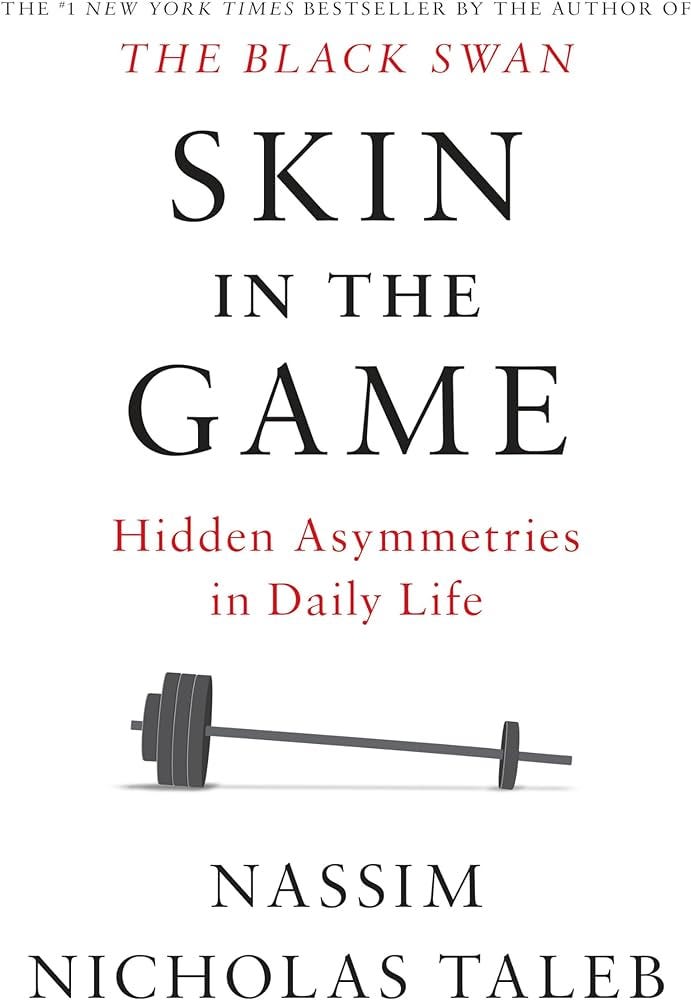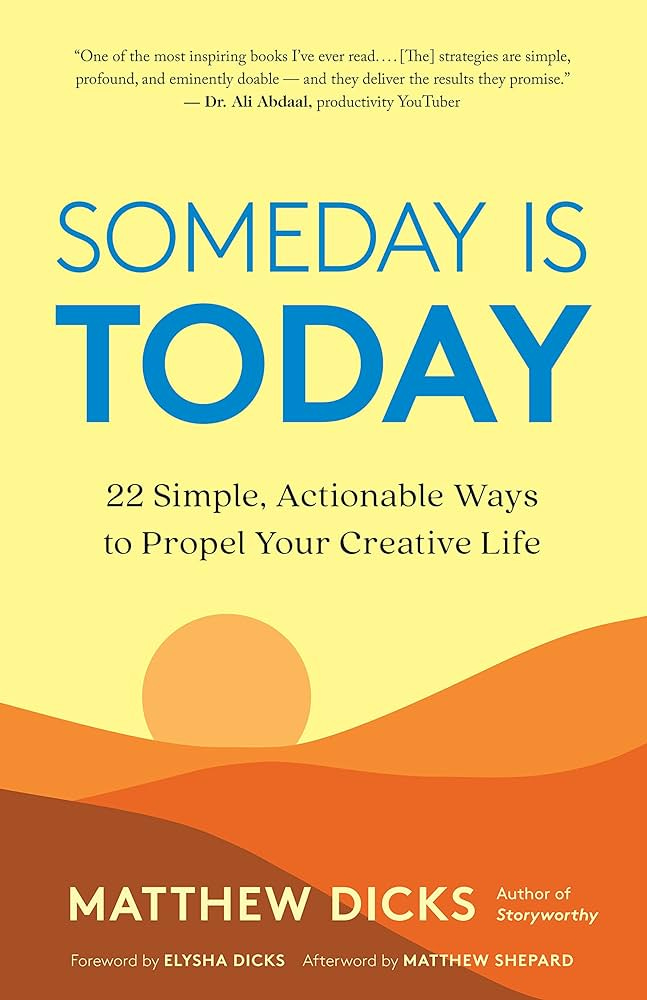Reading has been one of the best habits I picked up this year. It’s not like I never read before, but it wasn’t something I did daily and with a purpose. I started taking it more seriously around July and haven’t stopped since. Here, many would include the number of books or articles they’ve read to show off. However, I think it’s not about how much you read but about how much of what you read you apply to your life. You can speed-read 100 books just so you can brag about the number, but what is it good for if you haven’t learned anything from most of them?
Anyway, much of what I have read in 2023 has significantly affected my life, be it in terms of pure knowledge, perspective, career objectives, or any other aspect. For this post, I’ve selected three items that I consider the most impactful. Please take into account that this is not in order of preference.
How To Get Rich by Naval Ravikant
We start with a piece that wasn’t even written its original form (a good start for my first post!). How To Get Rich is a collection of short podcast episodes published by Naval, with the insightful participation of Nivi, and based on the X thread of the same name. However, the transcripts were (thankfully!) posted on Naval’s website in 2019.
HTGR dives into many areas within wealth creation, from the importance of choosing who to work with to how to leverage modern technologies. However, what makes this piece so enlightening in my experience is how the content is expressed in such a transparent and bullshit-less way. Naval and Nivi use examples of their own (very successful) careers to exemplify the topics they discuss, and they do this in a way that makes you feel like you’re conversing with some friends. It’s not like reading something from an academic trying to virtue signal his vast knowledge and complicated vocabulary.
I also enjoyed the philosophical aspect of the content, with topics such as the need to take ethical approaches to business seriously, which is often overlooked, and capitalism and (truly) free markets seen as inherently democratic and part of human nature.
I could go on and on about HTGR’s greatness, but I’ll leave you with three main ideas I got from it and my recommendation for you to read it if you haven’t yet.
Six requirements for success: Leverage, judgment, ethics, specific knowledge, a strong action bias, and accountability.
You won’t get rich renting out your time. Look for professions and careers where the inputs and outputs are highly disconnected.
Seek wealth, not money or status. Wealth is a positive-sum game. Status is a zero-sum game.
Skin in the Game by Nassim Nicholas Taleb
This book introduced me to many great concepts that I now think about daily, namely the Lindy Effect, the Minority Rule, and the one that gives the book its name, Skin in the Game. It also helped me put into words things that I had already thought about (many of which annoyed me) so I could finally give them a name.
Skin in the Game shares something I liked with How to Get Rich by Naval, although in this case, it is ‘purely’ written —HTGR was originally a podcast— and it’s the style. NT uses the same unapologetic, direct way of communicating and even expands it, as he also does in his X posts. This makes reading much more engaging and even increases the reader’s support for the author.
At its core, “Skin in the Game” is about the importance of alignment between rewards and risks and how this alignment leads to better decision-making, accountability, and, ultimately, success (sounds familiar?). It makes the reader think and offers a unique perspective on the relationship between risk-taking and personal responsibility.
As I did before, I will leave you with three key ideas from the book:
Rationality is the avoidance of systemic ruin. The central asymmetry of life is: In a strategy that entails ruin, benefits never offset risks of ruin.
The longer an idea has been around without being falsified, the longer its future life expectancy (The Lindy Effect).
There is no evolution without skin in the game.
Someday is Today by Matthew Dicks
This was one of the first books I read when I started getting serious about it, and it affected the way I think about time, routines, and systems. Someday is Today is an excellent book for anybody who wants to maximize what they do with their time and learn little things that might seem unimportant at first but end up compounding if applied consistently (this is the concept of the Aggregation of Marginal Gains presented by James Clear in his famous ‘Atomic Habits.’
Some examples are using the f.lux app to adjust my laptop’s light depending on the time of day, maintaining a consistent sleep schedule, and taking advantage of any dead time to work on something.
Apart from these, (at least) three more ideas are worth highlighting from Someday is Today:
The 100-year-old rule. Ask your 100-year-old future self when making a decision. Would he regret it? Would he be glad he did it?
Avoid performative productivity, which means wanting to be seen as busy even if the method of choice is not the most efficient.
Don’t waste your time to save small amounts of money. Time is the most scarce resource you have; value it accordingly.
Deciding on these top three was tough; I had to leave some great stuff out of the list. Therefore, here are some ‘honorable mentions’ that didn’t make the top 3 but would be great candidates anyway.
The Techno-Optimist Manifesto by Marc Andreesen: a phenomenal piece of why we should be optimistic about the future and how technology will be a fundamentally positive part of this bright future.
Atomic Habits by James Clear: this book would have definitely made the top three if it weren’t a re-read. It fully deserves its success, and it was the book that got me into reading about habits and productivity for the first time, even if (ironically) I didn’t turn that into a routine until two years later. Some key concepts include the aforementioned Aggregation of Marginal Gains, as well as the importance of showing up consistently and making good habits obvious, attractive, easy, and satisfying.
Hiroshima by John Hersey: a breathtaking story beginning on August 6, 1945, the day the atomic bomb was dropped, killing an estimated 135,000 people. Hiroshima includes testimonies from characters who lived through this experience. There is not much I can say about this piece; I just strongly recommend that you read it.
A couple more recommendations:
The Creative Act: A Way of Being by Rick Rubin: for those who want to be more creative.
The Psychology of Money by Morgan Housel: for those who want to learn more about money and how to handle it.
Building a Second Brain by Tiago Forte: for those interested in building a great productivity system.
Be Useful by Arnold Schwarzenegger: for those who need some motivation and impulse.







